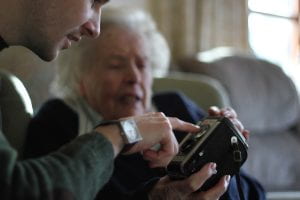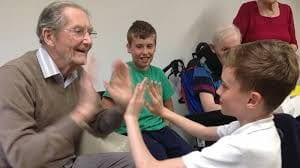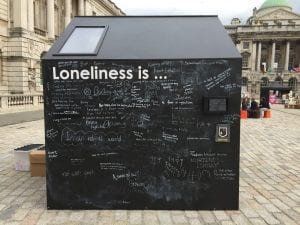Materialities of Age and Ageing
Discussions at the Intersection of Age Studies and Science-and-Technology Studies
The event is run by the international Socio-Gerontechnology network
9 AM – 12:30 PM (EDT)
3 PM – 6:30 PM (CET)
2 PM – 5.30pm (BST)
Where? Online (Link will be sent out after registration)
Who? The event targets everyone interested in ageing & technology, specifically early career researchers. We aim to bring together researchers at the intersection of Age Studies and Science-and-Technology Studies to reflect upon the use of different concepts of materialities in ageing research and discuss prospects and problems in their empirical application.
How? To register for the event, you need to sign up on our Eventbrite page, we will then send you the online log in. Please sign up before July 3rd
Programme of the event (NB all timings in Central European Time)
3pm: Introductions
3.15pm Introductory remarks: The Middle Ground of Socio-Gerontechnology Prospects and Problems
Stephen Katz
4pm Reflections from the ECR Network “Material Gerontology”
Grit Höppner & Mona Urban, Cordula Endter, Anna Wanka & Vera Gallistl
4.45pm Break
5pm Perspectives from Socio-Gerontechnology Network
Alexander Peine & Louis Neven, Helen Manchester & Juliane Jarke, Nete Schwennesen & Daniel Lopez
6pm Wrap up, general discussion
6.30pm Close
About us: The Socio-Gerontechnology network brings together scholars interested in critical studies of ageing and technology. The network started from a joint interest of scholars in Science and Technology Studies – beginning to see ageing as an important field for critical studies of technology – and Ageing Scholars – beginning to see digitization and technology as important but under-researched elements of ageing and later life. Our aim is to provide critical social science insights into ageing and technology that will lead to better policies and designs for older people in a digitizing world.





